How would you like to see an extra $100 in your bank account each week?
Well keep reading to see how you might be throwing hundreds of dollars away each week.
Think of what you can do with an extra $100 a week. An extra holiday each year? More money for your first home deposit? More money to spend on your hobbies?
What might seem like small purchases here and there can actually add up quite quickly. You might not realise it since it seems so small, but it can add up to thousands of dollars saved up every year. Money that you can better spend elsewhere.
We understand that you probably want to treat yourself here and there. You probably also have hobbies that you enjoy which requires money. We’re not saying you can’t do those things anymore. We just want you to be aware of the little expenses that could end up costing a lot.
1. Daily coffees
Caffeinated beverages have been a staple for office workers in Australia for over a century. While it definitely tastes good and gets you going, is it really worth the $5 every day?
A $5 coffee every day is $25 a week. Assuming that you work 45 weeks a year (excluding public holidays and paid time off), that’s the equivalent of $1125 a year, or close to $100 a month.
What could you do with the extra $100 a month?
You can still have a daily coffee without paying an arm or leg for it. Most offices and workplaces offer free tea and coffee that you could take advantage of. If not, you could always make it at home and take it to the office with you.
(We know that instant coffee doesn’t taste as good, but at least it costs a fraction of café-made coffee)
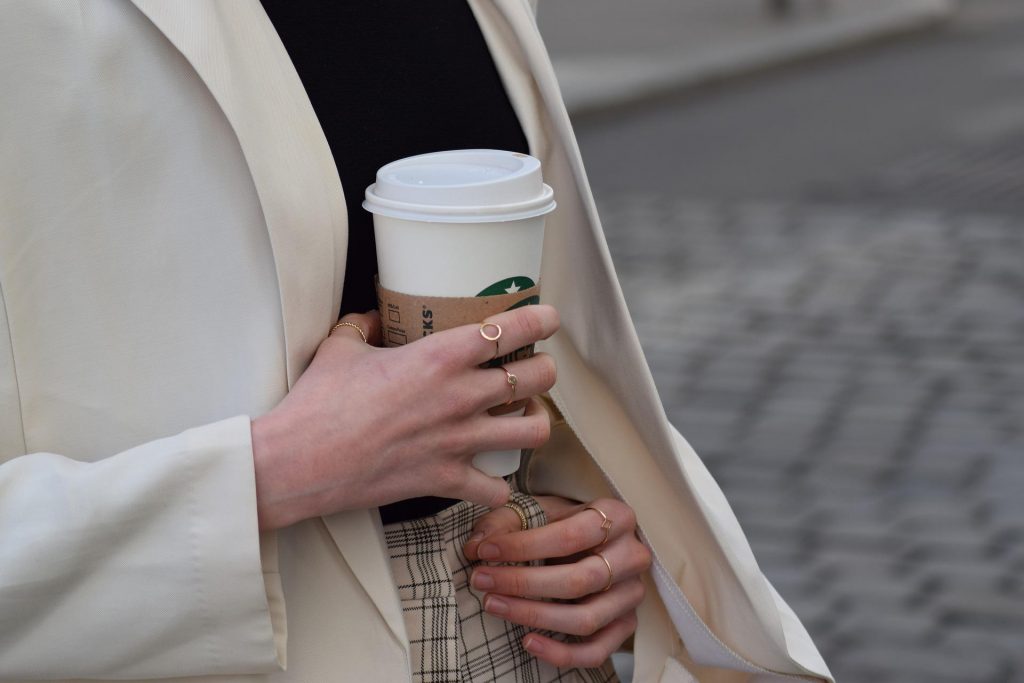
2. Daily lunch takeaways
We know, life gets in the way sometimes and you don’t have enough time to pack a lunch. Or maybe you think that packed lunches are only acceptable for kids. Either way, going out to have lunch everyday is eating you alive.
Let’s say a lunch costs you about $10 a day. Using the same assumptions as above, that’s the equivalent of $2250 a year, or close to $195 a month.
If you truly don’t have the time to make yourself a packed lunch each day, why not bulk prep at the start of each week? (Or maybe take a time-management class? Who doesn’t have 10 minutes everyday to make themselves a quick lunch?) Otherwise, you can also make extra dinner and take the leftovers for lunch.
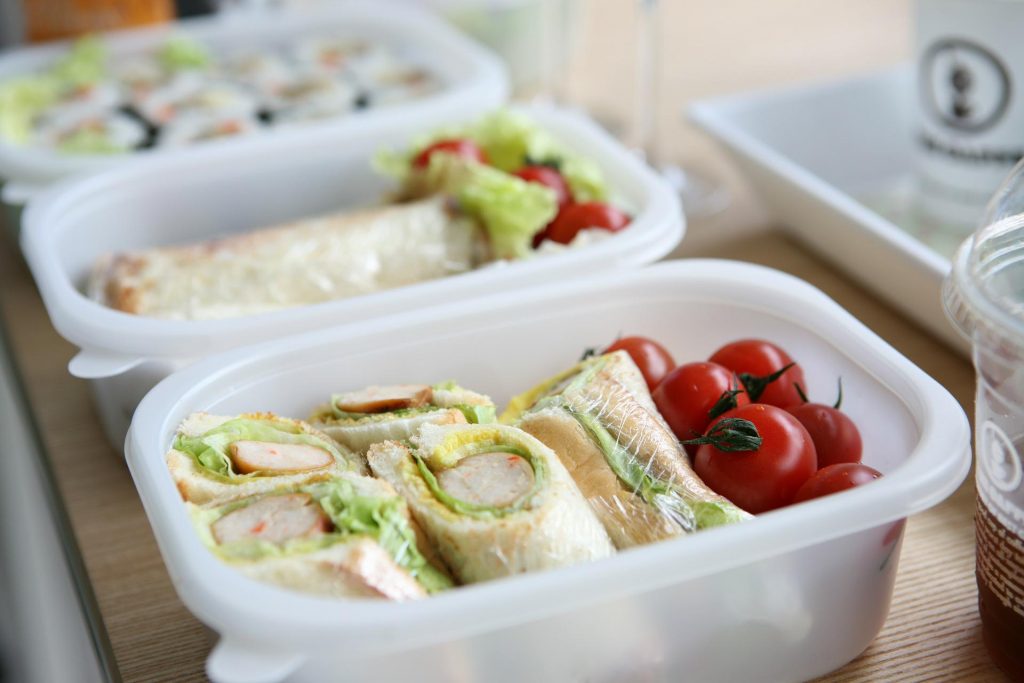
3. Streaming and other subscriptions
Back in the early days, there was only one streaming service available: Netflix. But these days, it seems like there are more content streaming services than there are stars in the universe. It doesn’t help when there seems to be a new streaming service popping up each month.
A quick Google search reveals there are currently 27 streaming services in Australia. Let’s say you are currently subscribed to the top 5 streaming services: Netflix, Disney+, Paramount+, Hulu, and Stan. Their cost per month for a standard account with no ads are:
- Netflix: $16.99
- Disney+: $10.00 (for a yearly subscription)
- Paramount+: $8.33 (for a yearly subscription)
- Hulu: $12.99
- Stan: $14.00
We know that most people out there share their passwords with their friends and family so that you’re spending less each month. But let’s not forget we haven’t even mentioned AppleTV, Youtube Premium, Spotify, and sport streaming services like Foxtel, Optus Sports, Stan Sports, and Kayo, all of which also cost money.
Let’s assume that you only subscribe to Netflix, Disney+, and Paramount+ (and get the rest from your friends and family). That still costs you $35 each month.
And let’s not forget other common subscriptions as well. Australians spend an average of $95 a month on gym memberships, or over $1140 every year. Amazon Prime costs $6.99 a month. PlayStation Plus Essential costs $79.95 a year, or $6.67 a month. Xbox Game Pass costs even more at $15.95 a month.
All in all, that’s a lot of money you’re spending on streaming services and subscriptions.
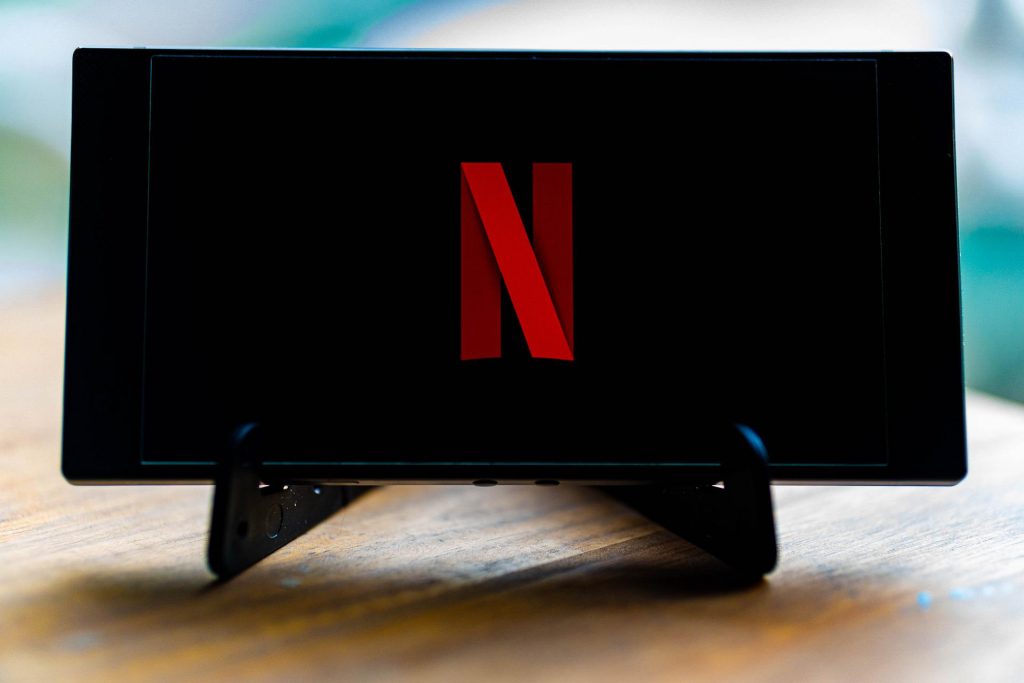
4. In-app/In-game purchases
Another common money grabber. Most people think that $1.99 here and $4.99 here doesn’t really matter in the long run, but these small expenses actually add up quite quickly.
It’s very tempting to make these in-app purchases. After all, that’s how these games make money. Stuck on candy crush? Purchase to keep playing. Pokemon taking forever to level up in Pokemon Go? Make a purchase to get them to level up faster. Want a more badass looking character in Fortnite? Buy a skin.
And that’s how these games are designed to get you to spend money. You always want to progress in the game quicker, or customise your player to suit your tastes. A dollar here and a dollar, and suddenly you’ve spent an entire paycheck on in-app purchases.

5. Rideshares
Uber, Lyft, Didi, and Ola have made it incredibly easy for us to get from A to B. But are they putting a strain on your bank accounts?
Let’s say you have plans to meet up with a friend. You have three choices: walk the 30 mins, take a 20 minute bus ride for $2 or take a 10 minute Uber for $10. Which option do you choose?
If your first instinct was to say Uber, you might want to take a quick look at your rideshare history to see how much you’ve spent in total on rideshare apps in the past.
Hint: it’s probably going to surprise you.
Plus, these little expenses will quickly add up.
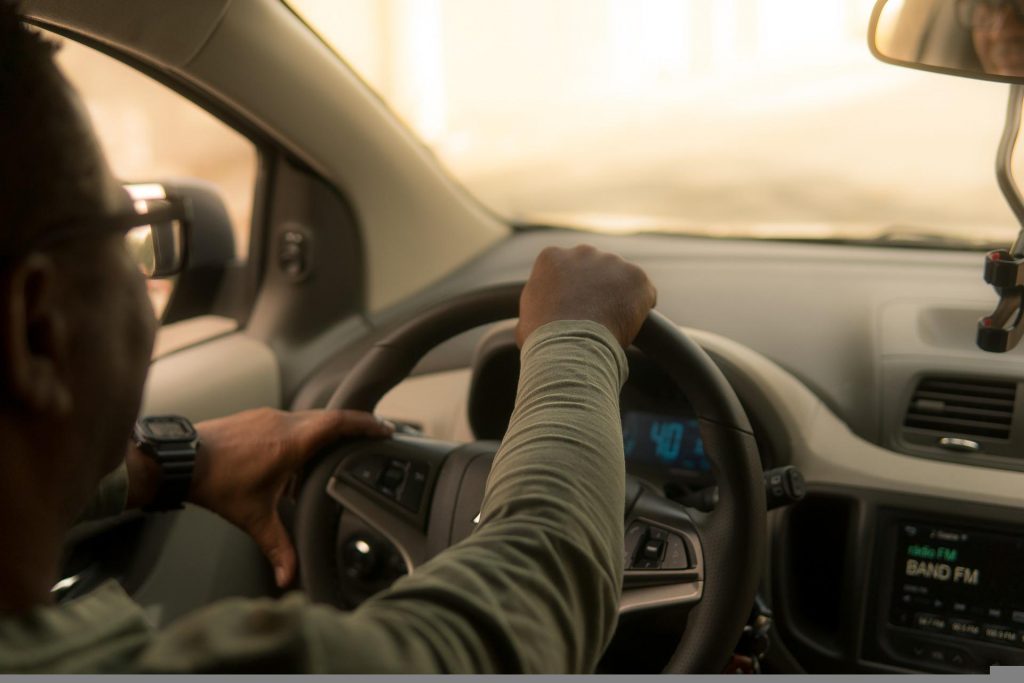
6. Food Delivery Apps
Similar to ridesharing apps, apps like Ubereats, Menulog, and Deliveroo have made it incredibly easy for us to stay at home while our meals come to us. However, the average Australian spends about $44 per month on food delivery services every month.
However, most restaurants add a markup on these apps in order to cancel out the fees that these apps take on each order. Don’t forget that these apps also charge a service and a delivery fee on every order as well.
This means that the $15 burger, fries and drinks combo from the restaurant down the road might end up costing you $30 once all the fees and charges are included.
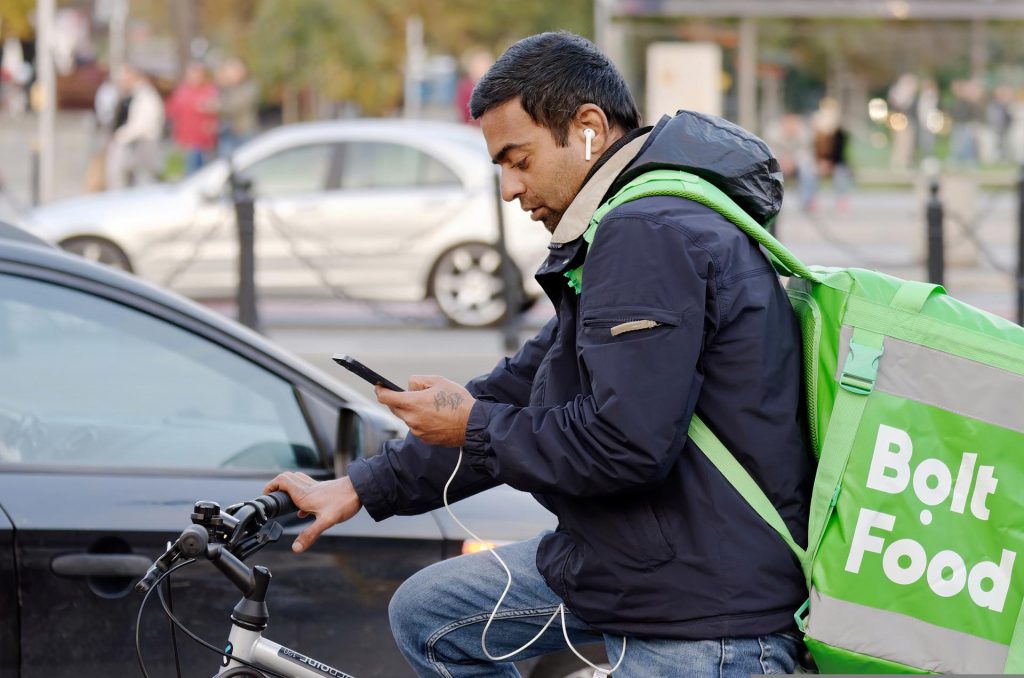
7. Bank fees
While it’s less common now as more and more transactions are done online, there are times when you need to have cash. So you visit the closest ATM, but it’s not your bank’s ATM. So you get slapped with an ATM fee.
Or maybe you have a bank account which you set up years ago but barely use. You don’t notice it, but you get charged with an inactivity fee.
You have probably come across these situations before. However, we’re currently in the 21st century, and most transactions can be done online. So be aware of these hidden bank charges and try to do most of your payments online.
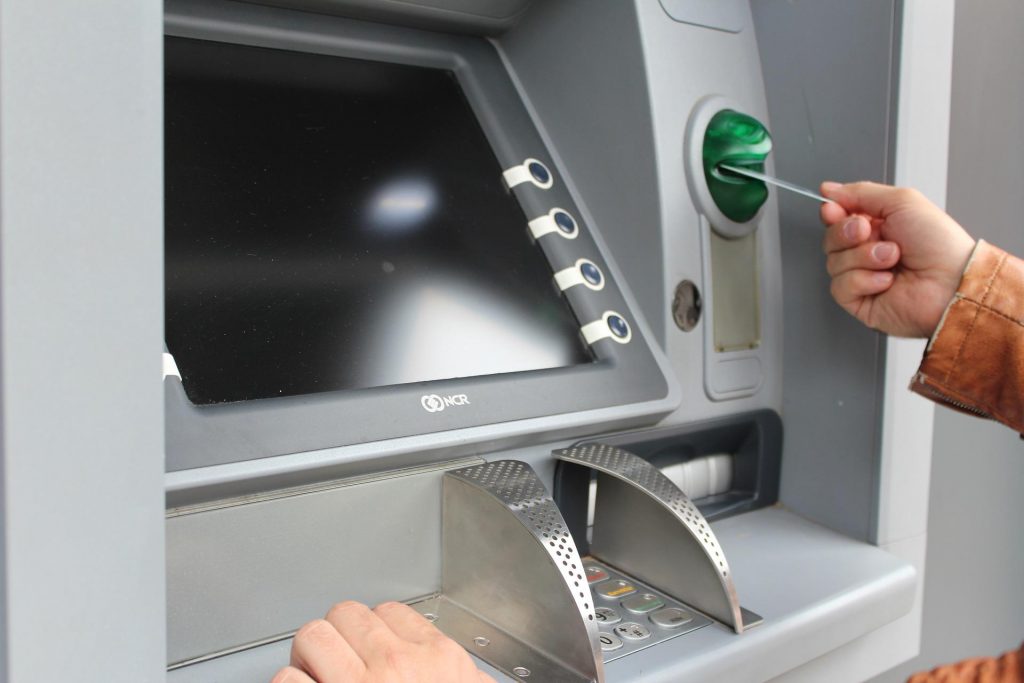
Little Expenses added up
So how can you get an extra $100 in your bank account every week? Well, we’re going to assume some things and use the averages listed above to show how you can achieve that.
Daily coffees:
Instead of spending $5 on coffee every day, you can cut it down to having it once a week. Which means that you’ll save $20 a week.
Money saved on coffee each week: $20.
Lunches:
Let’s assume that you only buy lunch twice a week. If you drop it down to just once a week, you’ll save $10 every week.
Money saved on lunch each week: $10.
Streaming and other subscriptions
Let’s say you’re currently subscribed to the ad free standard accounts for Netflix, Disney+, and Hulu. If you cancel your subscriptions to Disney+ and Hulu, you can save $22.99 a month. If you also cancel your gym membership because you rarely go, you’ll save another $95 a month. In total, you’ll save $117.99 a month, or about $27 a week. ($118 x 12 months / 52 weeks = 27.23).
Money saved on streaming services and subscriptions each week: $27.
In-app/game purchases.
Let’s say that you’re a moderate spending gamer and spend an average of $30 a month on in-game purchases. If you stop spending on in-game purchases, that’s about an extra $7 a week in your bank account.
Money saved on in-app and in-game purchases each week: $7.
Rideshare
Let’s assume that you spend $30 for one round trip each week on rideshare each week for events and meetups. If you decide to take public transport instead, you could save about $24 a week (cost of rideshare – cost of public transport = $30 – $6).
Money saved on rideshare each week: $24.
Food delivery apps
Again, let’s assume that you order from a food delivery app once a week. Using the example from earlier, your burger + fries + drinks combo costs an additional $15 in fees and markups. So if you decide to walk down to the restarurant instead and pick it up, you’ll save yourself $15 each week.
Money saved on food delivery apps each week: $15.
In total, the money you have saved each week:
- Daily coffees: $20
- Lunches: $10
- Streaming and other subscriptions: $27
- In-app/game purchases: $7.
- Rideshare: $24
- Food delivery apps: $15.
In total, that’s an additional $103 in your bank account every week. It’s not so hard to have an extra $100 every week now, is it?
So again, what would you do if you had an extra $100 in your bank account each week?
Or maybe you still want to have all of these things mentioned in this article. If that’s the case, you’ll probably need to earn more money. Not sure how? We’ve got 14 brilliant side hustle ideas for you to try out!


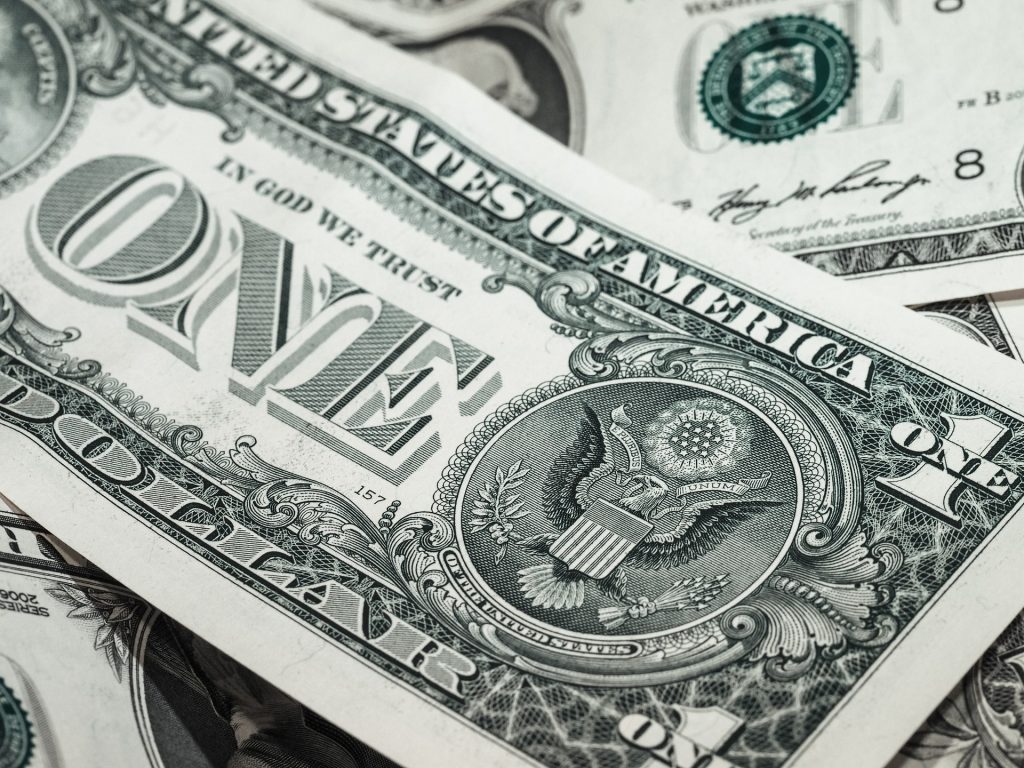
Sweet blog!
Wow very interesting, thanks for sharing!
Very Informative!
I’m not that much of a internet reader to be honest but your blogs really nice, subscribed!